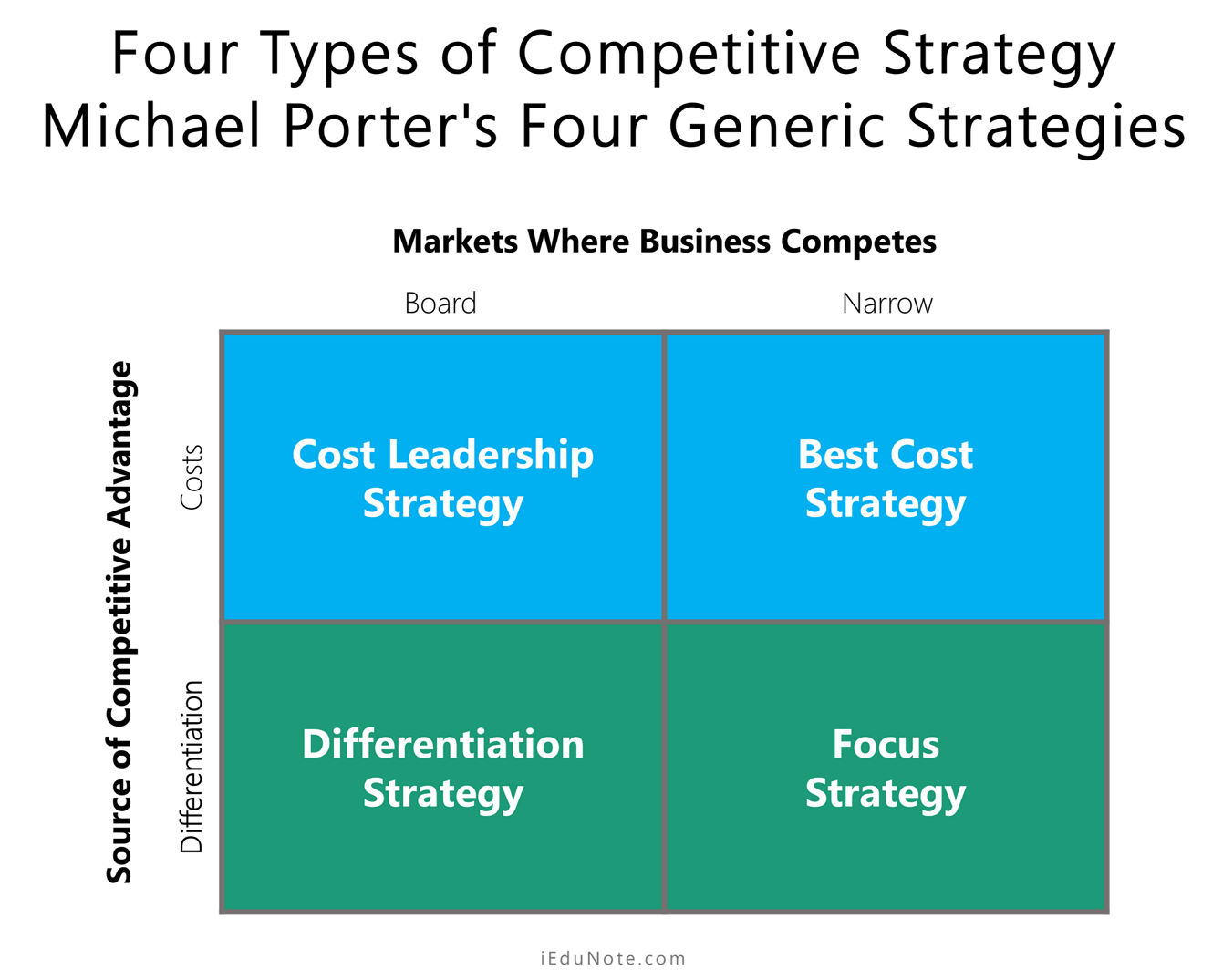
Competition can be fierce in the tech industry, regardless of your business’s size. As a small business owner, it’s important to have effective strategies in place to stay ahead of the competition and thrive in the market. In this article, we’ll explore some proven strategies that can help your small tech business tackle competition head-on.
1. Differentiate your product or service
One of the key ways to stand out from the competition is by offering a unique product or service. Identify what makes your offering different and emphasize those aspects in your marketing efforts. Is your product more affordable, faster, or more user-friendly? Highlight these selling points to attract customers.
Additionally, it’s essential to continuously innovate and improve your product or service. Listen to your customers’ feedback, identify pain points, and adapt accordingly. By staying on top of market trends and customer demands, you can ensure that your business remains relevant and competitive.
2. Establish a strong online presence
In today’s digital age, having a robust online presence is crucial for any business. A well-designed website that is optimized for search engines allows potential customers to find your small tech business easily. Ensure your website is mobile-friendly and provides a seamless user experience to increase engagement.
Furthermore, harness the power of social media to connect with your target audience. Platforms like Facebook, Instagram, and LinkedIn offer excellent opportunities to showcase your products, engage with customers, and build brand loyalty. Consistently produce valuable content and leverage social media advertising to boost your visibility.
3. Focus on customer service
Exceptional customer service sets small businesses apart from larger competitors. As a small tech business, prioritize building strong relationships with your customers by offering personalized support and assistance. Respond promptly to customer inquiries and provide solutions to their problems.
Encourage customer feedback and testimonials, and use these as social proof to build trust and credibility. Show your customers that you value their business and are dedicated to their satisfaction. By delivering exceptional customer service, you can create loyal customers who will spread the word about your business.
4. Collaborate with complementary businesses
Partnering with other small businesses that complement your offerings can be highly beneficial. Identify companies that target a similar audience but provide different products or services. By collaborating on joint marketing initiatives or cross-promoting each other’s businesses, you can expand your reach and tap into new customer segments.
Building relationships with complementary businesses also opens up opportunities for strategic partnerships. Consider creating bundled offerings or exclusive discounts for customers who purchase products or services from both businesses. Collaborating can help you leverage each other’s strengths and gain a competitive edge.
5. Stay updated with market trends
The tech industry moves at a rapid pace, and staying updated with the latest trends and developments is crucial. Attend industry conferences, participate in webinars, and join relevant professional organizations to keep your finger on the pulse. Subscribe to industry newsletters and publications to stay informed about emerging technologies and market shifts.
Additionally, conduct regular competitor analysis to understand what your rivals are doing and identify potential opportunities for improvement or differentiation. By continuously learning and adapting, you can position your small tech business as a leader in the industry.
Conclusion
Competition in the tech industry can be tough, but with the right strategies, small businesses can tackle it effectively. By differentiating your product or service, establishing a strong online presence, providing exceptional customer service, collaborating with complementary businesses, and staying updated with market trends, you can position your small tech business for success. Remember, success doesn’t always mean outperforming your competitors; it’s about carving out your place in the market and delivering value to your customers.

